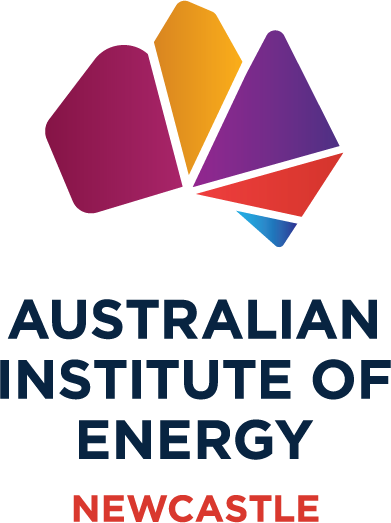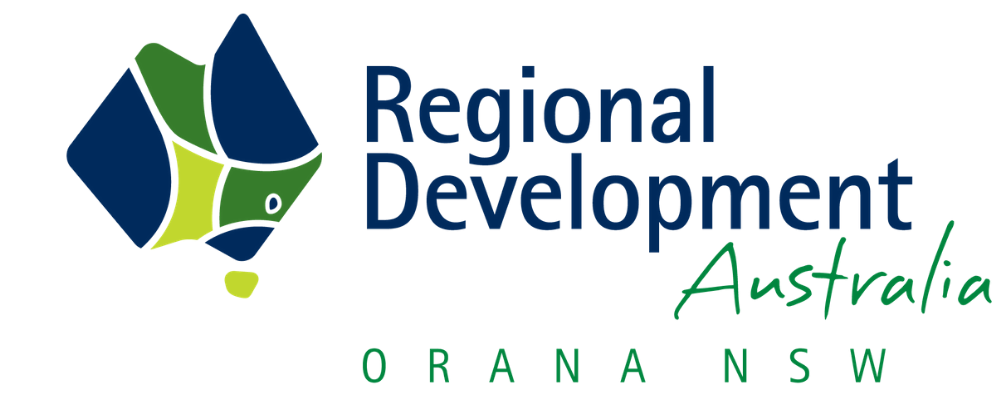Australia's first hydrogen aircraft flight set to take off in 2024
The upcoming flight is set to not only demonstrate technological innovation but also provide an alternative to the pressing environmental challenges confronting the aviation sector with far-reaching implications beyond the initial prototype.

Australia's first hydrogen aircraft flight is set to take off in 2024 with the aircraft projected to play a role in flying leaders to COP2026, and providing transportation services during the 2032 Olympic Games in Brisbane, demonstrating the nation's commitment to sustainable aviation.
The iMOVE Cooperative Research Centre (CRC) has teamed up with Brisbane-based Stralis Aircraft and Queensland University of Technology (QUT) to pioneer the retrofit integration of hydrogen propulsion systems into aircraft, a significant milestone in Australia's quest for sustainable aviation solutions.
Stralis Aircraft leads the development of the hydrogen-electric propulsion system (HEPS) and the aircraft retrofit. With ambitious plans to present hydrogen-electric aircraft on an international platform, Stralis aims to redefine air travel as cleaner, more efficient, and environmentally friendly.
The Hydrogen Flight Alliance provides crucial support to the project, bringing together key stakeholders from Australia's aviation and green hydrogen industries. Their collaboration reflects a shared commitment to advancing hydrogen-electric flight and fostering the development of emission-free aircraft.
QUT plays a significant role in modeling, implementing, and testing the system design and performance. Leveraging its expertise in hydrogen, fuel cells, and power electronic systems, the university contributes invaluable insights to the project. QUT also plans to integrate the project's outcomes into broader research initiatives focused on hydrogen-based energy systems, enriching educational programs in engineering and renewable energy.
Ian Christensen, Managing Director of iMOVE CRC, highlights the power of partnership in driving innovation, while Stralis CEO Bob Criner articulates a vision for a sustainable aviation industry.
"This project is poised to make a significant impact on Australia's aviation industry and contribute to global efforts in reducing carbon emissions," notes Christensen.
Meanwhile, Criner highlights Stralis's unique approach, stating, "We're not just creating hydrogen aircraft; we're redefining what air travel can be – cleaner, more efficient, and environmentally friendly."
Associate Professor Geoff Walker, leading the project at QUT, emphasizes the importance of accurate simulation models in guiding design decisions.
He says, "Fuel cells and similar technologies at the heart of hydrogen electric propulsion systems are still evolving," highlighting the necessity of robust modeling for informed decision-making.
As the project progresses, it promises to redefine aircraft propulsion systems and set new benchmarks in sustainable aviation. Its outcomes will inform both short-term technology development programs and long-term aircraft product initiatives, paving the way for a greener future in aviation.












